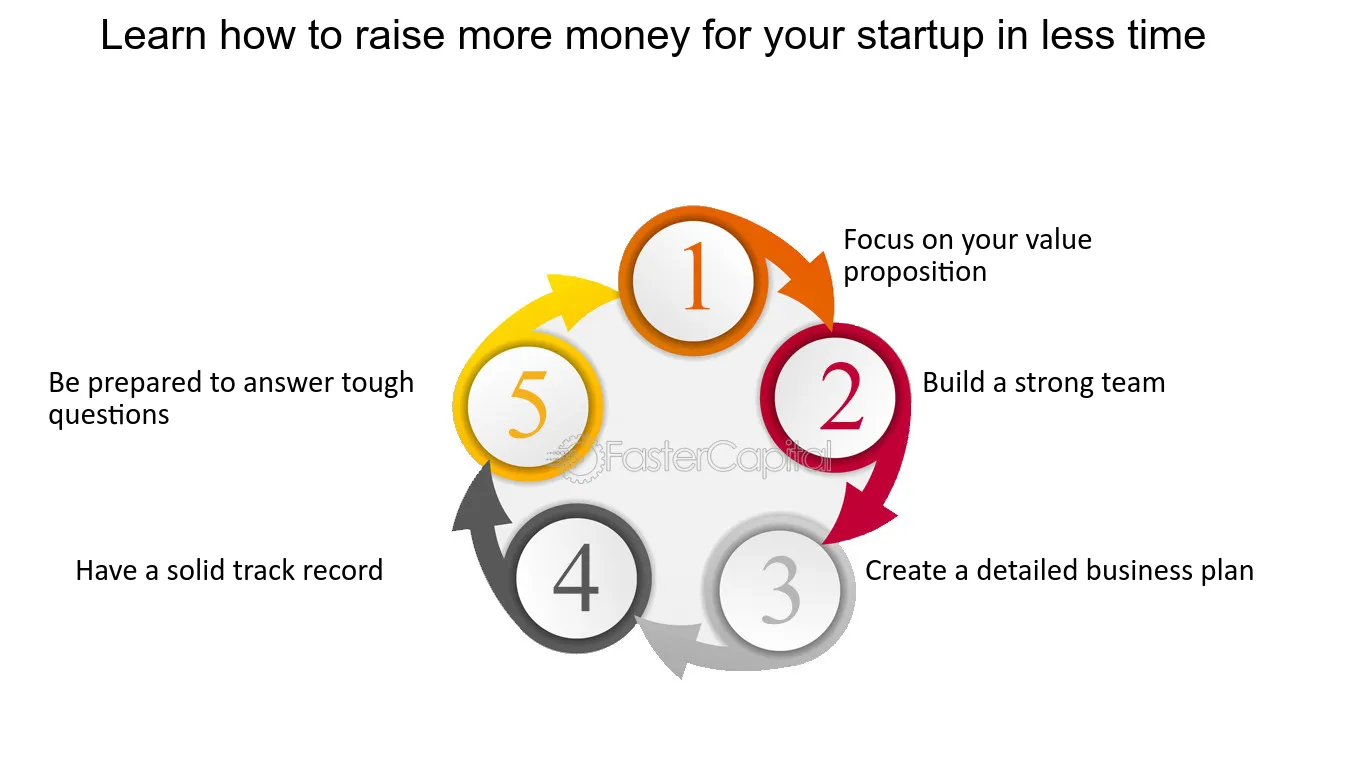Four things startups can’t afford to be slack on, according to this Google executive – StartupSmart

In the race to survive and thrive, startups with limited resources are often chopping and changing, dodging and leaping their way to success. But that doesn’t mean they should overlook key elements of what makes a business successful, according to startup advisor and Google executive Karen Roter Davis.
Startups don’t play like big companies and shouldn’t be expected to, she said in this post on Medium in 2015, but this doesn’t mean startups can skip the stuff that’s crucial to long-term survival.
Roter Davis was general manager at movement analytics startup UrbanEngines before it was acquired by Google. Having previously worked at GE Digital and Google, she is now back working for the search giant as director of global geo strategy and business development.
“I’ve been seeing more and more startups hide behind their emerging company status as an excuse for de-prioritising critical, foundational aspects of their businesses” she said on Medium.
And at the top this critical list is “clear communication”.
In a fast moving company with ever changing goals and speed humps, Davis says having clear and open communication between all members of the team is critical, and keeping your team informed and updated on where things are at is equally so.
“People need to know where to start,” she said.
“Tell them what you are thinking and what you are doing. As approachable as you think you are, it’s not a guarantee that people find you approachable, nor do they always want to be chasing you down.
“Interestingly, talking to people tends to increase your perceived approachability.”
While startups may do this informally, Davis says it’s important to set up processes to keep open communication entrenched in a company as it continues to grow.
This means figuring out how often you should have meetings, allocating someone to take minutes, setting an agenda and taking down action points, and using collaborative tools or apps.
“As key elements of your product and go-to-market strategy come together, make a commitment to yourself and your team to build communication deliberately into your workflow for optimal context, content, and clarity,” she said.
In addition to great communication, Davis says planning well and having a strong product foundation are two other fundamental operational processes startups can’t be slack on, along with building the right company culture.
Read more about these in her blog post.
Follow StartupSmart on Facebook, Twitter, LinkedIn and iTunes.

